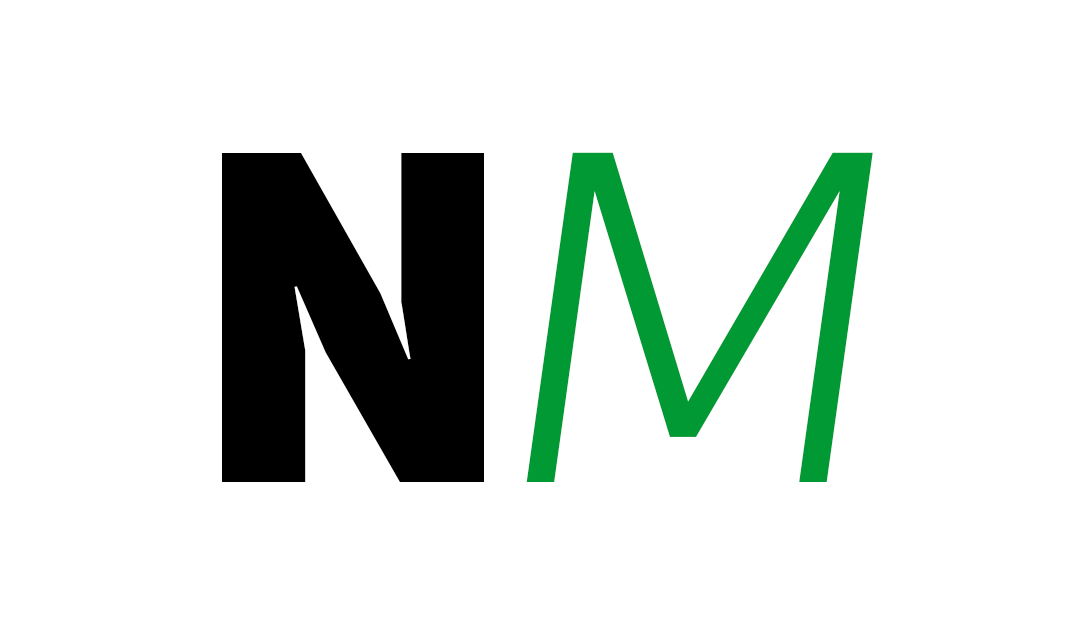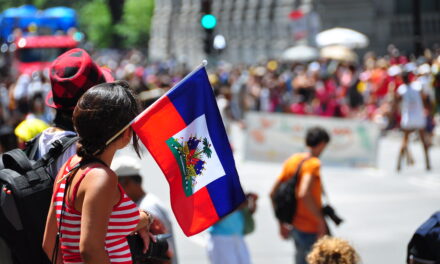Nubian Message Staff
Self-care has recently become the public’s automatic response to any stressor; the endless results of articles that pop up when you google “self-care” shows this.
Had a bad day at work? Take a bath with a bath bomb. Overwhelmed with a project? Do a face mask! Is your calendar too full with brunch meetings and you can’t possibly make your hot yoga appointment this week? Go to yoga anyway! It’s what makes you happy and you deserve it!
This is a highly commercialized, watered-down form of self-care. Self-care is more than doing a one-day social media detox or going outside to watch clouds. It’s more than indulgence.
In the words of Audre Lorde, it’s a form of literal self-preservation and a radical political act.
Dealing with discrimination and the effects of systemic racism on a daily basis has been linked to higher stress levels and health disparities among minorities. According to the American Psychological Association, even the anticipation of a discriminatory act has been reported to cause stressors in black and Hispanic people.
This can significantly affect the health and quality of life for marginalized people living in America. Taking a moment to practice self-care can ultimately mean life or death for some of us.
Self-care—choosing to care for ourselves—is clearly a necessity.
Yet between work, school, family life and surviving under the oppressive forces of society—racism, poverty, sexism, homophobia and transphobia—we, as marginalized people, don’t have the luxury of taking personal time or funds to practice mainstream self-care.
For many of us, virtually every waking moment is dedicated to merely making ends meet, and it’s simply easier to ignore very real mental health concerns.
Furthermore, many of our communities treat mental health as a taboo subject. For example, in the black community, we’ve often been told that religion is the sole answer. Perhaps if we prayed more then we’d find peace. Perhaps our lack of religion is the only reason we find ourselves needing to tend to our mental health at all. These beliefs are dangerous and rooted in misinformed ideals.
Growing up in these environments, without the education on the complexities of mental health, makes it even more difficult to prioritize our own mental health and be honest about our needs.
We should also consider the general lack of access to mental health education. It’s much harder for us to acknowledge something in ourselves or in others when we don’t really understand what “it” is.
Even when given the resources to understand our bodies and advocate for our needs, we may not be believed. In a Vogue cover story published in January, tennis star Serena Williams detailed the complications she experienced after giving birth to her daughter.
Serena, who has a history of blood clots, knew that she was experiencing one and alerted doctors and nurses that she needed a CT scan. According to Vogue, “The nurse thought her pain medicine might be making her confused.” Serena’s insistence on receiving the CT scan literally saved her life.
Not even someone with the wealth, success and fame of Serena Williams is guaranteed to be believed.
Now we—as young adults coming of age in a society that continues to degrade and devalue people of color, LGBTQ+ people, disabled people, women and other marginalized groups—are tasked with finding proper ways to care for ourselves.
Self-care is learning about ourselves and the specific mental health issues we face. If there’s a particular issue that is causing mental or physical harm, we can do more than announce it or identify; we can look into the deeper meaning on why it is important and how it is detrimental to our health.
Self-care is acknowledging and discussing mental health within our social circles, even with people who don’t “believe” in it, because that could lead to more awareness and acceptance in the future.
Self-care is processing and unpacking, expressing your identity regularly through any medium and going to therapy if needed.
Self-care, then, cannot be purely defined by face masks, spa treatments or even vacation days.
For us, self-care is literally self-preservation in the face of a society that perpetuates our oppression, that enforces the rules designed to ensure our failures, to invalidate our rights to exist.
In such a society, to practice to self-care and ensure our survival is, within itself, a radical political act.




